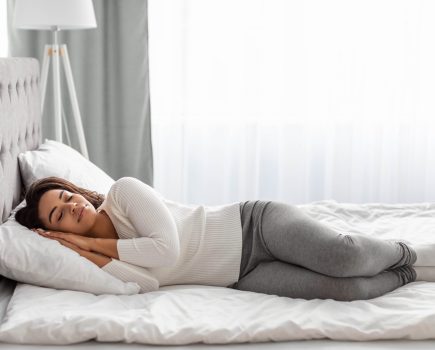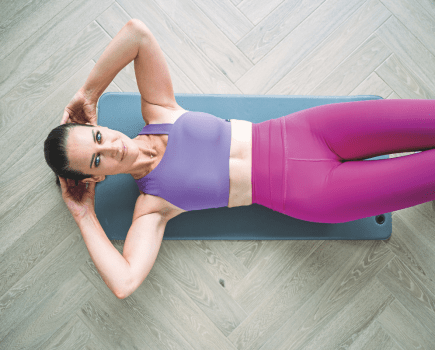Discover how to support your spine with the latest products, tips and studies.
On-the-go!
Kaia – The Key to an ‘Appy Back!
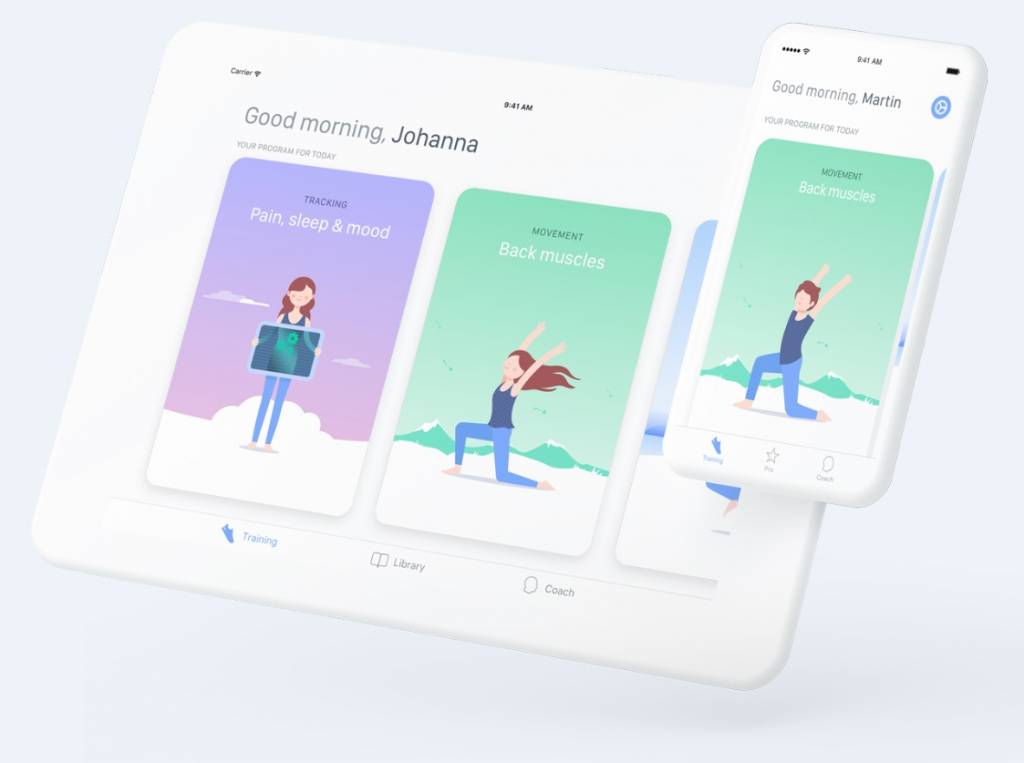
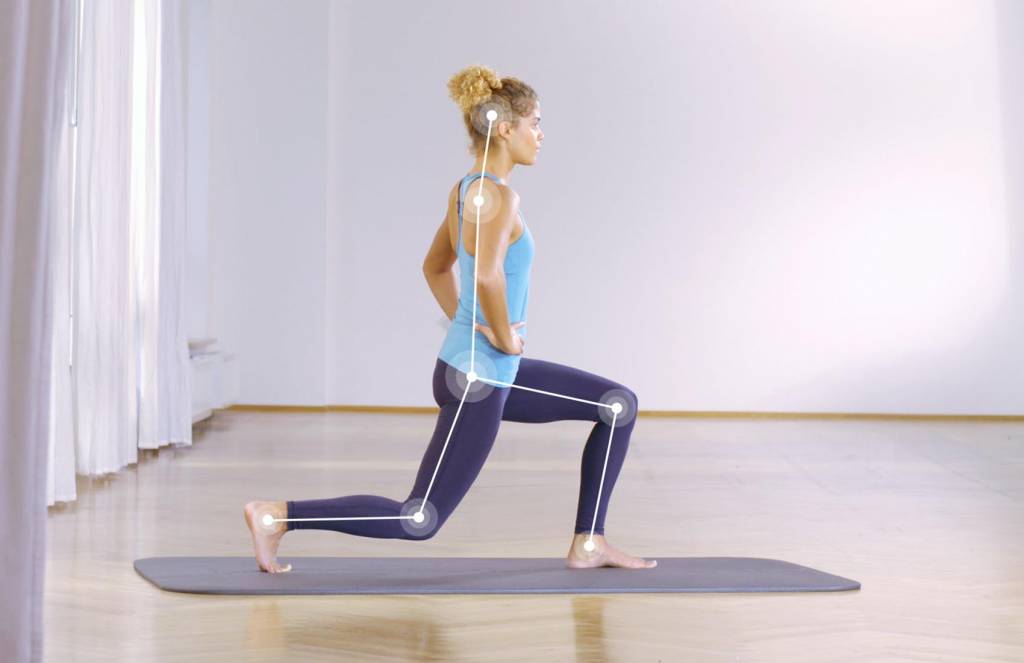
With so many of us stuck in sedentary lifestyles, the first medically approved app for back pain, Kaia, is here to help. The app offers simple video exercises and meditation to relieve back pain, along with the ability to chat online with physiotherapists to learn more about back health. The basic Kaia app can be downloaded for free via the App Store and Google Play, or try out Kaia Pro with a free 7-day trial (after which subscription fees will apply).
Time to Brace
Support and gently correct your posture with these garments
Odlo’s ActiveSpine T-shirt
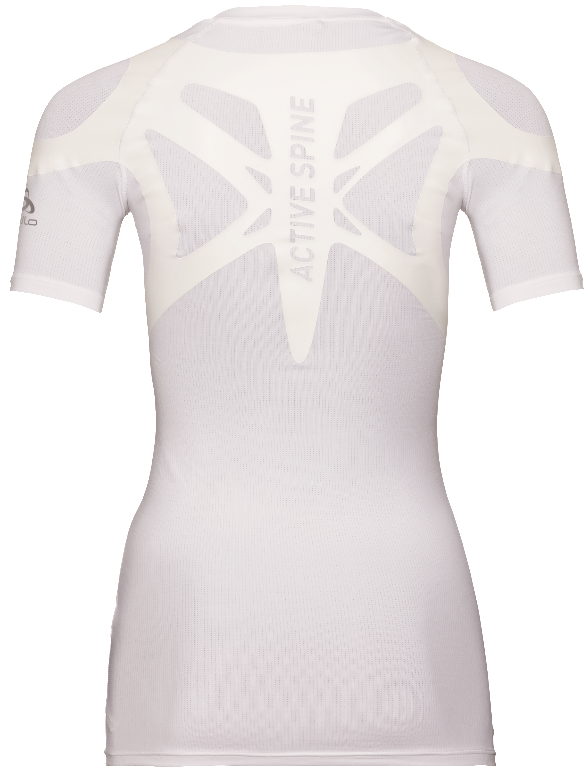 This T-Shirt (from £60) supports your posture during workouts and day-to-day activities by stretching and straightening your shoulders, spine and torso, increasing the oxygen supply around your body and reducing muscle fatigue!
This T-Shirt (from £60) supports your posture during workouts and day-to-day activities by stretching and straightening your shoulders, spine and torso, increasing the oxygen supply around your body and reducing muscle fatigue!
The Posture Shirt 2.0
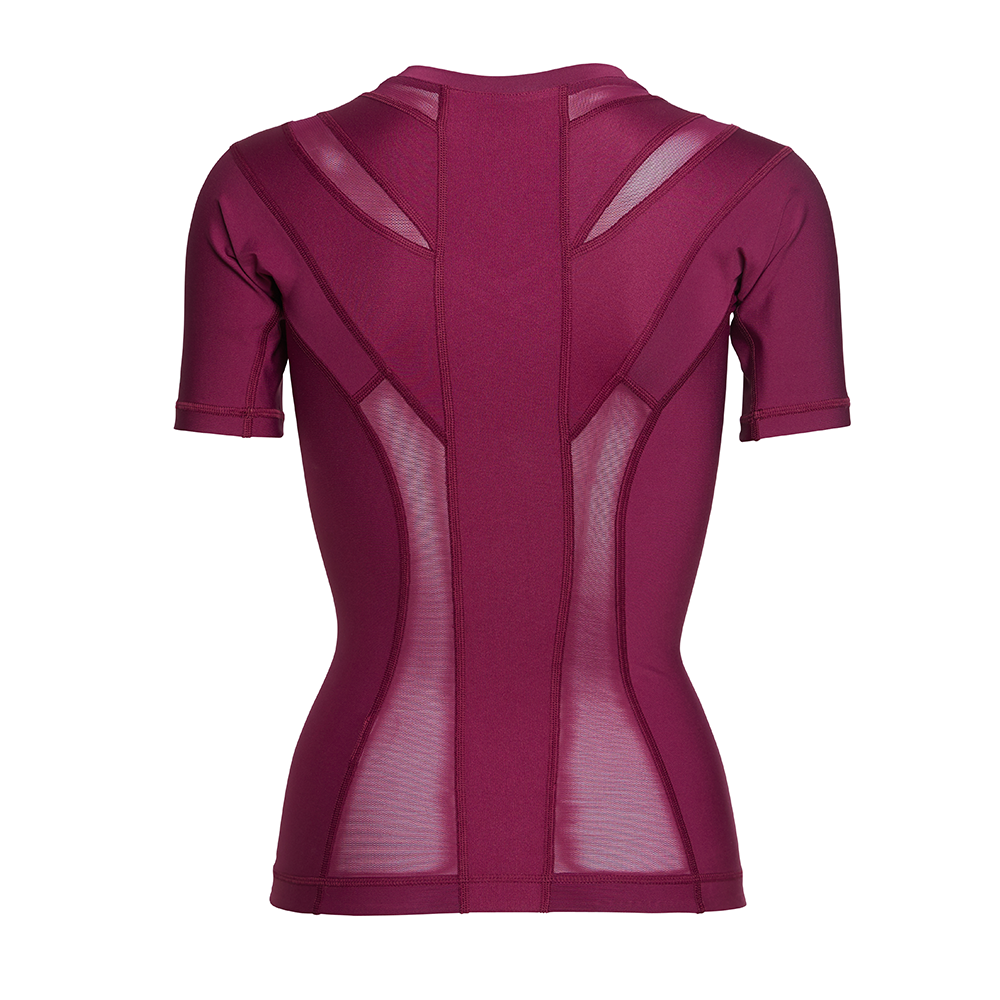 This comfortable shirt (from £69.95) can either be used to correct the posture by aligning the musculoskeletal system, or as a preventative measure to avoid back problems later in life.
This comfortable shirt (from £69.95) can either be used to correct the posture by aligning the musculoskeletal system, or as a preventative measure to avoid back problems later in life.
Natural Remedies?
Try CBD for pain relief
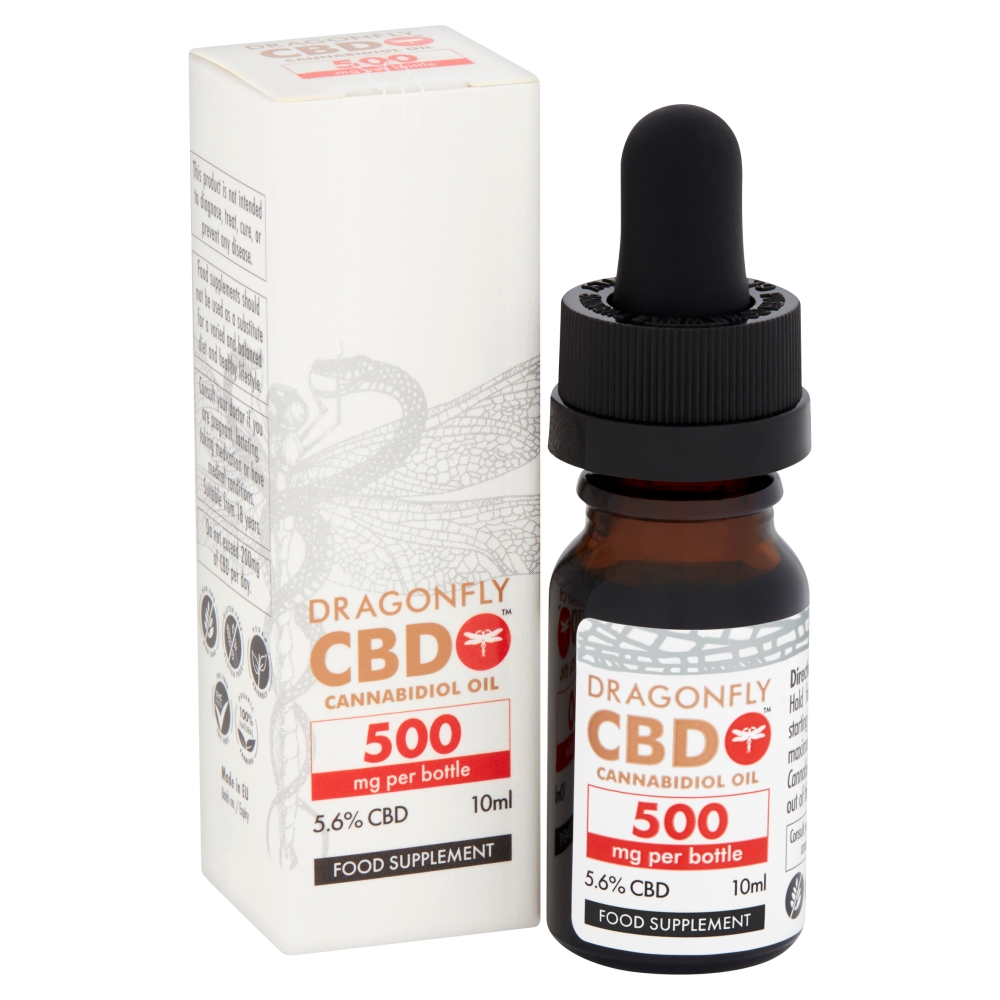 Research shows that chronic back pain is a problem for almost a third of under-40s, many of whom are using strong, addictive painkillers to cope with the pain. However, cannabidiol (CBD) oil is now being recommended as an alternative, non-addictive therapy for back pain, due to its anti-inflammatory properties. DragonflyCBD® (available in 300mg (£27.95), 500mg (£39.95) or 1000mg (£69.95), 10ml) is formulated using advanced chromatography and fractional distillation techniques, to create highly refined, high purity, premium grade, 100% natural CBD extract.
Research shows that chronic back pain is a problem for almost a third of under-40s, many of whom are using strong, addictive painkillers to cope with the pain. However, cannabidiol (CBD) oil is now being recommended as an alternative, non-addictive therapy for back pain, due to its anti-inflammatory properties. DragonflyCBD® (available in 300mg (£27.95), 500mg (£39.95) or 1000mg (£69.95), 10ml) is formulated using advanced chromatography and fractional distillation techniques, to create highly refined, high purity, premium grade, 100% natural CBD extract.
Or could herbs be the way forward?
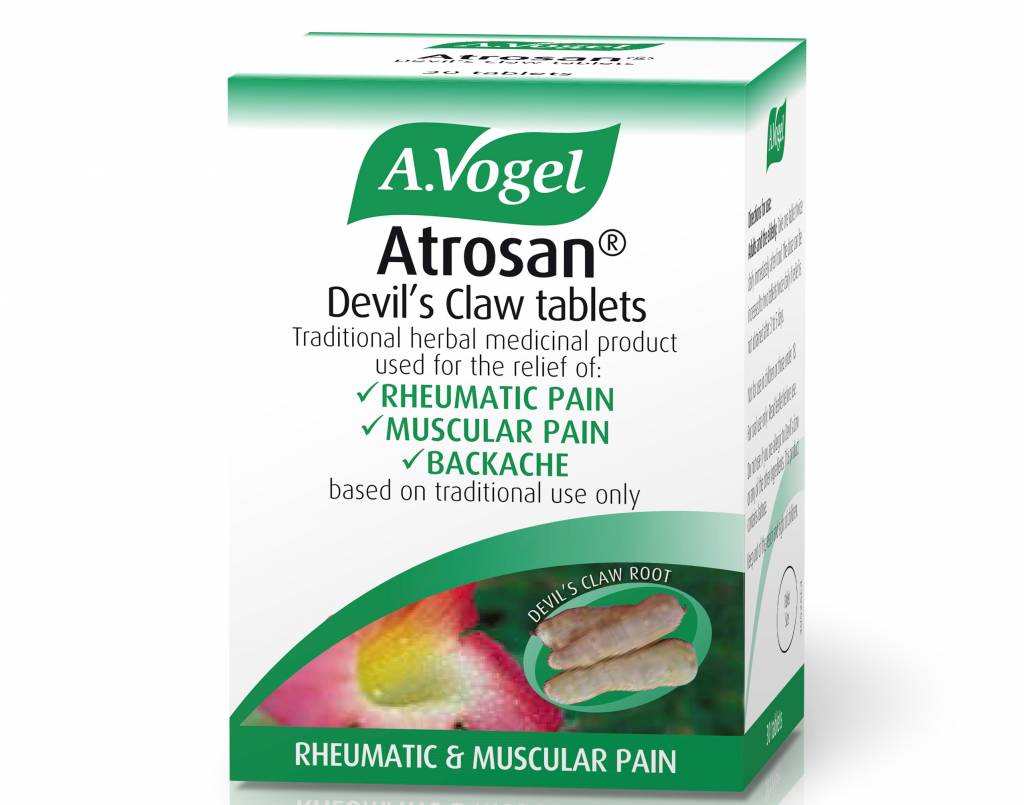
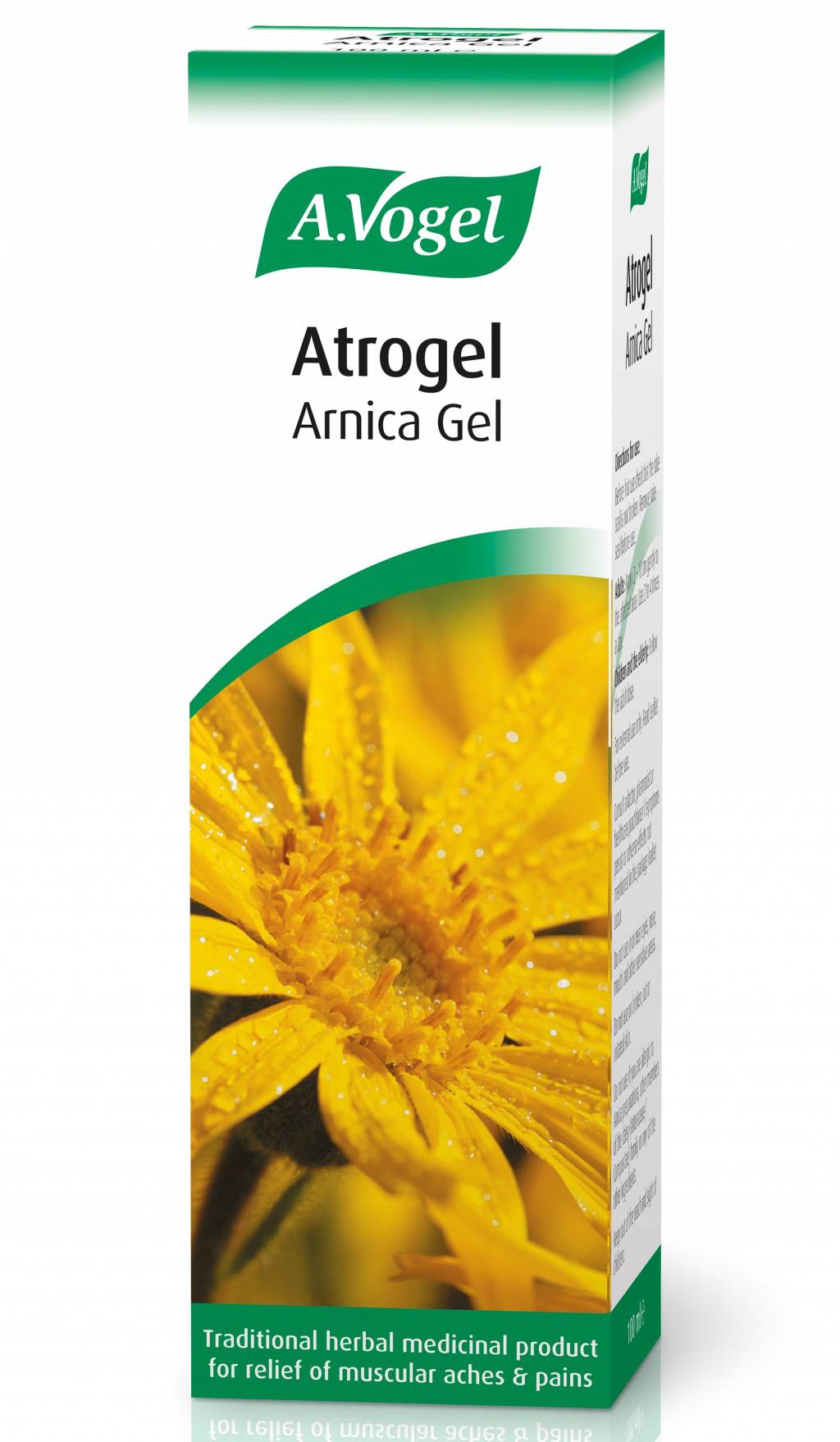
Dr Dick Middleton, registered pharmacist and director of the British Herbal Medicine Association explains: “Some herbs have anti-inflammatory properties similar to non-steroidal anti-inflammatory drugs such as ibuprofen but without the risk of gastric complications that can sometimes be associated with their long-term use. Modern research has shown that herbs such as Devil’s Claw or Sigesbeckia tablets taken orally, may relieve aches and pains. Arnica can also be applied topically to the affected area to help slow the inflammatory processes.” Try Atrosan Devil’s Claw tablets (£10.99, 30 Tablets) or Atrogel Arnica Gel (£11.99, 100ml).
The Studies Say…
No need for extra protein?
Researchers from the Department of Nutritional Sciences at the University of Surrey conducted research into whether protein intake has any impact on bone health. After scrutinising 40 years’ worth of findings, they concluded that increasing protein intake had minimal benefits for bone health, if any.
There is currently lots of confusion surrounding the role of protein in the skeletal system, but these findings show this role to be miniscule, with only around 4% of bone density and mineral content being dependent on protein intake, with the remaining 96% relying more heavily on other factors such as age, weight and genetics.
The potential risks of postural sway
Postural sway, which is the tendency of the human body to sway while standing in an erect posture, as been found to increase the risk of falls and fractures. A study in Finland has also found that this risk is especially prevalent in postmenopausal women. The study, which examined 14,220 peri and postmenopausal women, found that those with the highest levels of postural sway had a two times higher risk for fractures. Other factors such as low bone mineral density and weight also added to this risk.
Did you know…?
28.2 million
…that’s how many working days are lost each year in the UK due to musculoskeletal problems, including back, neck and shoulder pain.*
8 in 10
…that’s the number of people in the UK affected by back pain at some point in their lives, according to the NHS.
Oh-so-gentle osteopathy
If traditional osteopathy isn’t for you, consider what’s called “Mechanical Link”. Practised by only very few osteopaths in the UK, Mechanical Link is an incredibly precise and gentle way of correcting your body by treating your fasica, which is the connective tissue that runs throughout your body. The health of this network of fibres affects both your strength and flexibility.
During a consultation, your whole body is assessed to look for imbalances. Swift, gentle movements are then applied to relevant areas. The treatment is suitable for all ages, including those with osteoporosis as well as pregnant women and even babies.
Tried & Tested:
‘Richard Kemp in Langham, Essex (myosteopath.net), does Mechanical Link. He was the first osteopath I ever saw as I was always afraid of being “cracked” – there’s none of that with his approach. I find the treatment fascinating as it works on a very subtle level. He might be treating your ankle for a pain that’s in your back or shoulder, for example. I visited during my pregnancy, too, to make sure my lower back and pelvis worked optimally before the birth,’ Katy, Editor.





